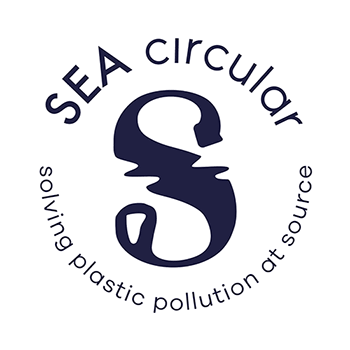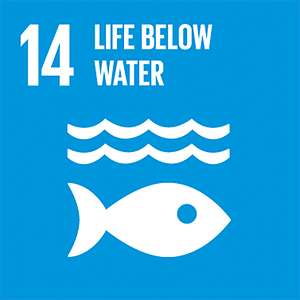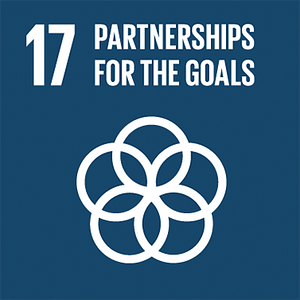
Plastic waste is choking our seas and threatening ecosystems and livelihoods in South-East Asia. This is due to rapid growth in plastic production, and inadequate management of solid waste – resulting in overflowing landfill sites and plastic leakage. COVID19 pandemic has exacerbated the situation due to sudden increase in single-use plastics for COVID-19 safety precaution, home delivery and takeaway food.
SEA circular is an initiative by the UN Environment Programme (UNEP) and the Coordinating Body on the Seas of East Asia (COBSEA), which is funded by the Government of Sweden, to inspire market-based solutions and encourage enabling policies to solve marine plastic pollution at the source.
Plastic pollution has wide-ranging environmental, social and economic impacts, damaging marine ecosystems and biodiversity and ultimately impacting human health. It is a global problem and trans boundary in nature. Nevertheless, a light of hope is that the countries have come together to commit to addressing the problem, and the SEA regional countries are leading the process.
At the United Nations Environment Assembly (UNEA 5.2) on March 02, 2022,
175 member states unanimously agreed to develop a legally binding agreement to end plastic pollution by the end of 2024.
SEA circular is working in six countries in South-East Asia – Cambodia, Indonesia, Malaysia, the Philippines, Thailand and Viet Nam, from 2018-2024. The project aims to reduce adverse impact of land-based plastic leakage into the marine environment by ensuring that less plastic is wasted at source and management of the plastic value chain is improved in South-East Asia. Considering waste management systems in the region remain inadequate to process increasing amounts of plastic waste,
the project focuses on the lifecycle stages of (i) production of plastic products, (ii) plastic use, and (iii) collection sorting/recycling to ensure that less plastic is wasted and strategically prevent plastic litter entering the ocean.
SEA circular project partners include national and local government; the private sector including producers, retailers, and associations in the packaging, consumer, and institutional products industry; academic and research institutes; international organizations as well as civil society and non-governmental organizations.
The project promotes the gender and human rights-based approach to identify people-centered and equitable solutions and actively engages all groups of society, including consumers, informal waste workers, and coastal communities who are most vulnerable to the impacts of marine litter
SEA circular project service menu is designed and implemented with an understanding of land-sea interactions, and towards a circular economy.
It focusses on interventions supporting market-based solutions, enhancing the science-basis for decision making, generating outreach to raise awareness and catalyse behavioural change, and promoting a regional approach through collaboration and networking.
OUR GOAL
The overall aim of SEA circular project is to ensure less plastic is wasted, with reduced input to and impact on the marine environment and its dependent people in South-East Asia.
Join us to solve plastic pollution at source!
For more information, please contact us at sea-circular@un.org
For more information, please contact us at sea-circular@un.org


Share This!
